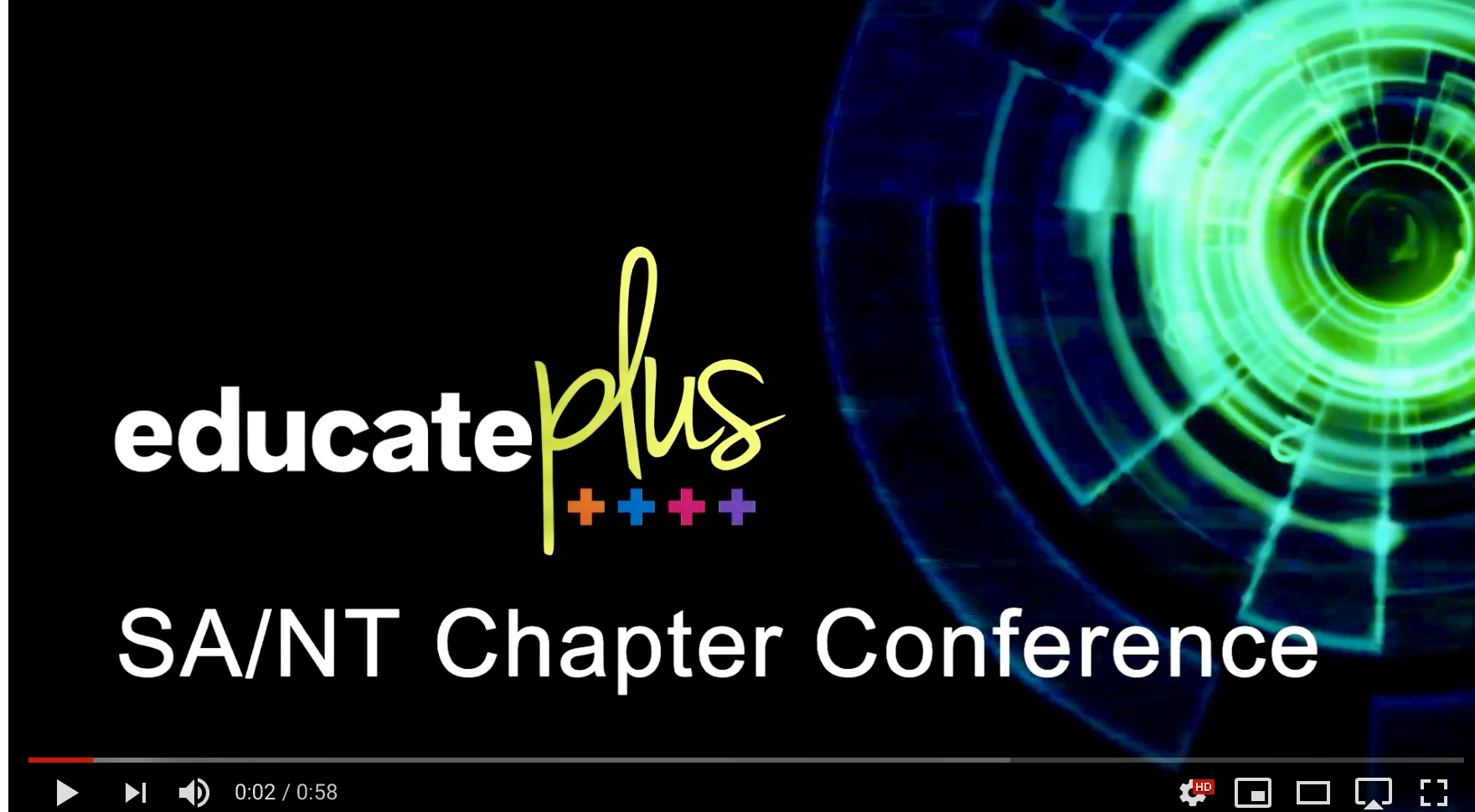Reputation and Crisis Management
‘There’s no denying the need for harnessing the power of social media, but it’s a power that needs to be harnessed correctly because your reputation is on the line and one small error in judgement (or ill-thought out Facebook comment) could see you on the front page of tomorrow’s papers’.
Simone Douglas from specialist social media agency Social Media AOK recently presented to members of the Educate Plus SA/NT sector on the topic of Reputation and Crisis Management. Unfortunately for many of us this has been, or will be, a real-life experience so her words of wisdom and practical approach were most valuable.
Have a crisis plan and risk matrix in place
The possibility of a crisis or an unhappy customer spreading negativity is a real threat for any organisation, and with the advancement of social media it will be instantly broadcast. However, you can ‘bullet proof’ the process of managing the incident to the best of your ability, by having a Crisis Plan at the ready. A risk matrix will formalise, anticipate and standardise your responses by identifying the nature of the incident, how and who will manage it and what are the best strategies to tackle the problem with immediate immediacy.
The ‘news hour’ for social media is usually 36 hours, every crisis should be able to be put to bed in that time frame.
With a crisis plan and risk matrix in place, along with regular formal training as part of your staff professional development, leadership and staff can be empowered to act immediately and appropriately, enabling them to be advocates for your organisation.
Sometimes leadership does not know how to respond to a crisis. Shutting down the page is not ideal. While it can provide breathing space, it may also drive the issue underground. It is better to remain calm and to respond in a logical and transparent way. If you are driving the page not only do you have a clearer idea of what is going on but you can also drive the commentary.
Who will be the face of your brand and the central point of commentary in the public arena must be established. Someone who can be calm, transparent and logical and who will not be overtly emotional is required. This may, but not necessarily be the Principal or CEO. An open approach is a good way of putting the crisis to bed, but if you don’t catch things fast, it will allow the responses and discussion to grow.
In a time of crisis, your reaction may be automatically defensive and you may feel the need to run away. However, a crisis can actually be an opportunity to demonstrate your mission and values through the way you respond.
Timing is absolutely critical
The ‘news hour’ for social media is usually 36 hours, so response time frames are critical. Your crisis plan should include the question, ‘who is monitoring our social media on the weekend? Perhaps a roster needs to be in place or an external provider employed. Who is available to sign off on approvals should a crisis arise?
Experience has shown that if a response to a posting online can be provided within 10 minutes the situation can often be diffused before it grows. If the community can see that the issues have been addressed further discussion, both internal and external, may be avoided.
Tools at your disposal
When should we call in professional support?
A good time is when one feels too emotionally involved to respond in the best possible way. Call for professional support from those who are emotionally disconnected from the process, those who can ask questions, gather the information and formulate an appropriate response. Many of our schools have agencies available within their sector to call on as part of a crisis management response.
Using a centralised dashboard.
A centralised dashboard can be a real advantage in a crisis situation. Having a unified inbox allows you to see all the responses from various platforms in one place in real time. By using a unified inbox all of the comments and responses from all of the social media platforms can be viewed in chronological order which will give a logical overview of the situation, enabling you to engage quickly with your audience, thus enhancing response time.
A number of dashboards are available which can prove both cost effective and useful. Not only can they connect all social media accounts in real time feed, but provide additional capabilities such as audience analytics and metrics, scheduling and board reporting.
Listening tools can also be set up to assist in being pre-emptive. Google alerts can troll the internet to allow you to filter any report that comes in.
How to deal with a ‘bad’ post
A bad post can be drowned out with your good news stories and photos, perhaps going back several years. Post the good news perhaps 6 or 7 times a day for the next week. This will drive the original post away while you are engaging with the school community. As a general guide, you should delete the ‘bad’ post after four weeks.
Take a humanistic approach
A humanistic approach to communication really matters. Schools are very good at sharing achievements and events, but they also need to post reminders of the personality and values of the school. What are your pillars and how do you promote them? How do you want to be perceived? A school need about 10 posts a day.
Promote inclusivity in your community by posting a question online regularly…and listen to the responses.
Be proactive by building your school community as a risk mitigation tool. Use your families, alumni and friends to keep an eye on the conversation and respond to comments. This can give you an idea of their mood and pre-empt any possible complaints. Build a sense of trust with your parents, students and families, they can be your best advocates in times of crisis.
When the crisis has passed…
After the event is over it is important for the team to debrief and evaluate the situation. Ask:
- Could the crisis have been averted?
- How could it have been handled better?
- What did we do really well?
- How will we be prepared for the next time?
Being in the middle of a crisis is a highly charged and emotional time for all those involved. Ensure the leadership and staff receive all the emotional support they need. Emotional burnout is a very real issue. Call in professional support if required.
Top 10 Tips for managing a crisis
- Have a crisis plan including a risk matrix in place: practice your crisis drill with your team regularly
- When a crisis does occur, know who will respond and what is the backup plan
- Call in professional support when you need to
- Timing is crucial, an immediate response is needed to control the situation
- In general, do not hide a post, it is best to be transparent and give a measured response
- Stop posting altogether in the middle of a crisis, focus on the crisis, only keep posting if you have something useful to say
- Use your communications and social media to bring your community on board as advocates
- Use the tools at your disposal including a centralised dashboard
- Debrief and support your team
- Remember, in a social media setting a crisis can usually be diffused in 36 hours.
Suzanne Moorhead, F.Edplus
Writer: Education and Advancement









